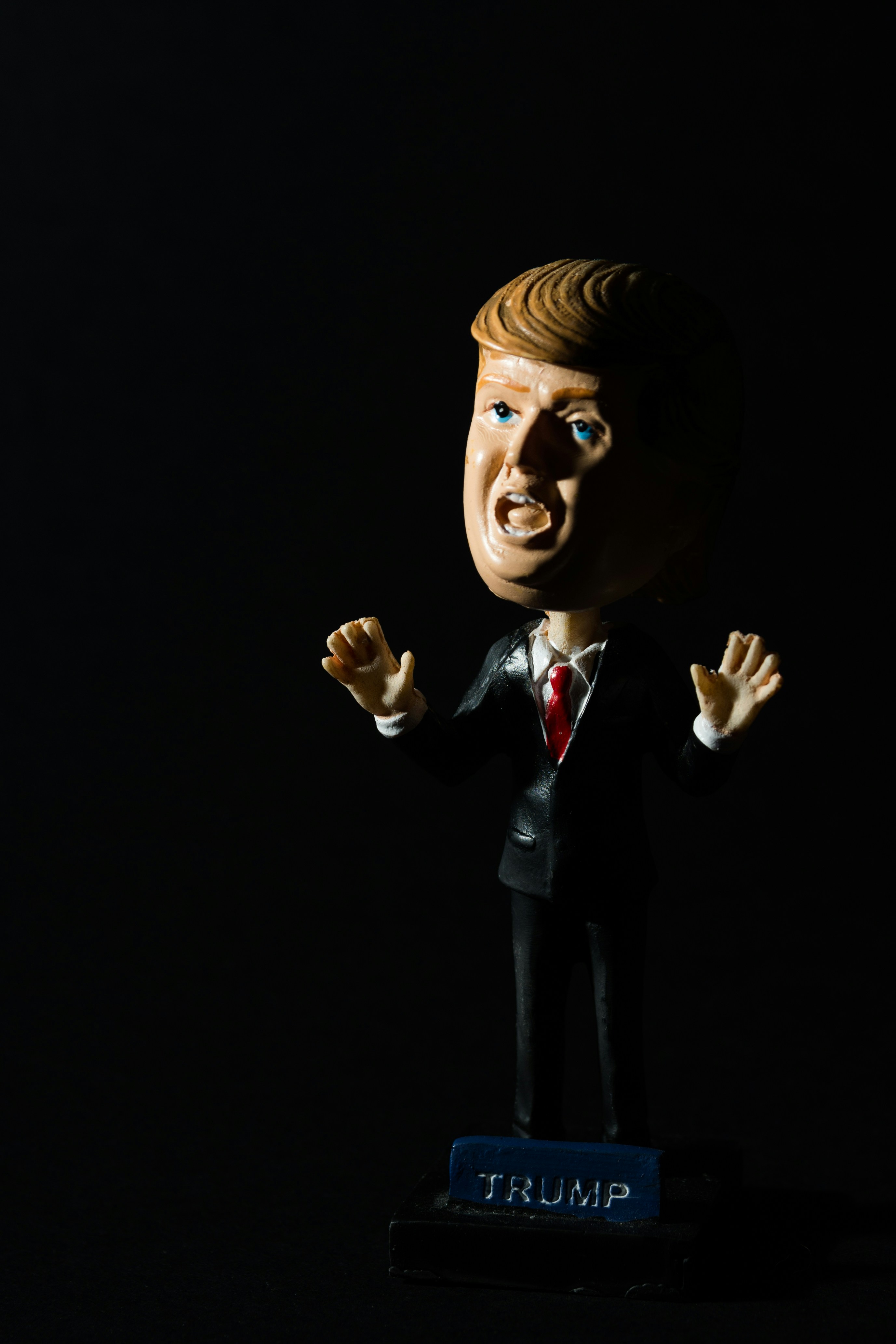Trump's Tariff Threats: A Prelude To Global Trade Realignment

President Trump’s recent tariff threats have sent ripples through the global trade ecosystem, signaling a bold departure from traditional US trade policy. By leveraging tariffs as a strategic tool, the administration aims to address trade imbalances and revive domestic industries. This approach, while controversial, represents a pivotal moment in the global trade landscape, raising questions about its long-term impact on economic stability and international relations.
Background and Context
Under President Trump’s leadership, the US has adopted a more confrontational trade stance. Key industries, including steel, aluminum, and automotive manufacturing, have been targeted with tariffs aimed at reducing imports and bolstering domestic production. The administration justifies these measures as necessary to protect American jobs and rectify trade deficits that have persisted for decades.
This strategy marks a significant departure from the post-World War II era of multilateral trade cooperation. Historically, the US championed free trade agreements and global economic integration, viewing them as tools for fostering international stability. Trump’s policies, however, reflect a shift toward economic nationalism, prioritizing American interests over global consensus.
Immediate Impacts on Global Trade
The tariff threats have already disrupted international markets and strained relationships with key trading partners. Countries such as China, Canada, Mexico, and members of the European Union have responded with retaliatory tariffs, targeting iconic American products like bourbon, motorcycles, and agricultural goods.
Multinational corporations have also been affected, with global supply chains facing increased costs and uncertainties. Companies reliant on imported raw materials or components are grappling with higher expenses, while exporters risk losing access to critical foreign markets.
Economic and Political Motivations
The administration’s economic rationale centers on reviving American manufacturing and reducing the trade deficit, which stood at $678.7 billion in 2020. By imposing tariffs, Trump aims to level the playing field and encourage companies to relocate production back to the US.
Politically, the tariff strategy appeals to Trump’s core voter base, particularly in Rust Belt states that have suffered from industrial decline. These policies signal a commitment to delivering on campaign promises of economic revitalization and job creation.
Long-term Implications for Global Trade
In the long run, Trump’s tariff threats could catalyze significant changes in global trade dynamics. One potential outcome is the strengthening of regional trade blocs, as countries seek alternatives to US-dominated trade agreements. The Comprehensive and Progressive Agreement for Trans-Pacific Partnership (CPTPP) and the European Union could emerge as key players in a restructured global trade order.
Supply chains may also shift toward regionalization, as companies seek to mitigate risks associated with tariffs and trade wars. This could lead to increased investment in manufacturing hubs closer to end markets, reducing reliance on long-distance supply chains.
However, there is also the risk of prolonged trade wars, which could undermine global economic stability. Escalating tariffs and retaliatory measures may stifle growth, disrupt markets, and exacerbate geopolitical tensions.
Reactions and Criticisms
Domestically, Trump’s tariff policies have drawn mixed reactions. Supporters, particularly in manufacturing and agriculture, praise the administration’s efforts to protect American industries and create jobs. Critics, however, argue that tariffs are a blunt instrument that risks harming consumers and businesses through higher prices and reduced market access.
Economists remain divided on the efficacy of tariffs as a trade strategy. While some see them as a necessary tool to address unfair trade practices, others warn of unintended consequences, such as reduced economic efficiency and strained international relations.
A New Trade Order?
The broader question is whether Trump’s tariff threats signal a shift toward protectionism or a redefinition of globalization. The administration’s actions challenge the traditional principles of free trade and raise the possibility of a new trade order where bilateral agreements and economic nationalism take precedence over multilateral cooperation.
Conclusion
Trump’s tariff threats represent a bold and controversial effort to reshape global trade dynamics. While the administration’s policies aim to protect American interests and drive domestic economic growth, they also risk disrupting international markets and straining diplomatic relationships.
As the world navigates this new era of economic nationalism, the long-term implications remain uncertain. Whether these policies will lead to sustained economic benefits or prolonged disruption depends on the ability of global leaders to balance competing interests and foster a stable and equitable trade environment.
Author: Gerardine Lucero
The Self-Destructive Nature Of Anti-Tourism Protests: Balancing Resident Concerns With Tourism Benefits
In recent years, anti-tourism protests have become increasingly common across popular tourist destinations. From the Bal... Read more
Military And Strategic Implications Of The Ukrainian Drone Attack In Kursk
On a recent morning, the Kursk region in south-western Russia witnessed an unexpected and significant event: a Ukrainian... Read more
Chinese Tech Stocks Gain Ground Despite Wall Street Technology Sell-Off
Chinese tech shares in Hong Kong gained on Friday, defying a technology stock sell-off on Wall Street, driven by strong ... Read more
Defense Pact Between Britain And Germany: A Focus On Cybersecurity And Joint Operations
In a move set to redefine European defense collaboration, Britain and Germany have signed a comprehensive defense pact a... Read more
US Secret Service Director Steps Down After Trump Assassination Attempt
Security lapses admitted by Kimberly Cheatle prompt resignation.Kimberly Cheatle, the head of the US Secret Service, has... Read more
Kamala Harris Promises A Brighter Future In Official Campaign Launch
In a vibrant and impassioned campaign launch, Vice President Kamala Harris vowed to lead America toward a "brighter futu... Read more

